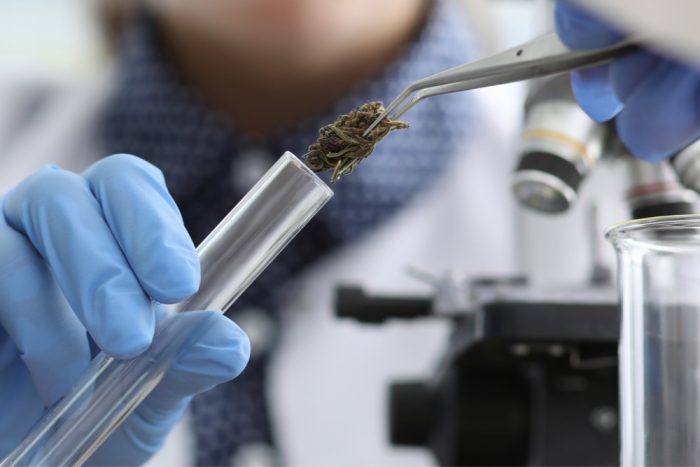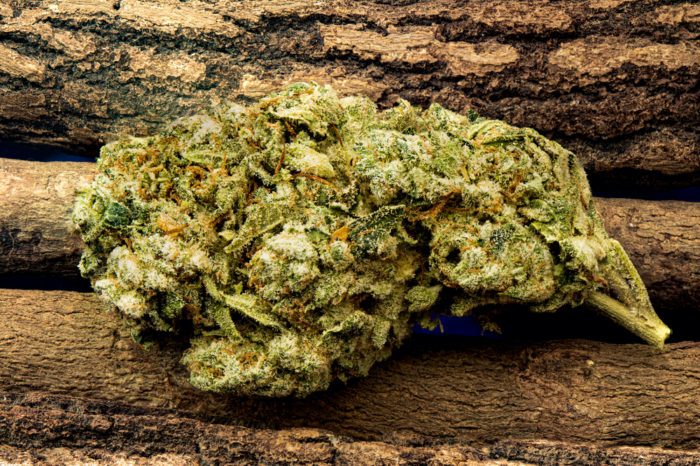California is setting a precedent with its new appellations for cannabis. Master growers can now designate a strain’s origin and quality.
The place of origin often defines the quality of both fine wine and now it will be the same for quality cannabis. The average cannabis consumer is becoming ever-more informed and discerning and this has paved the way for a whole new industry of high end growers producing craft cannabis. These growers, in California, are now revising one of the defining hallmarks of the wine industry — appellations.
What are Appellations?
As with any lucrative industry, there will always be those who try to piggyback onto the success of others. As such, the wine industry birthed the idea of appellations to combat the booming counterfeit trade of fine wines. Appellations define an area of land where the growing of grapes occurs. It’s a designation recognized all over the world, but originated in France during the early 1900s. Starting with the grape and ending with the type of cork, this is a record of authenticity. And recently, in California, legislators signed appellations for cannabis at the state level.
Why Appellations in Cannabis?
Some of the most skilled growers in the world inhabit the hills and mountains that run from California right up to British Columbia, Canada. With an ideal climate for cannabis cultivation and abundant expertise, some of the best cannabis available comes from these regions. And up until now, there was no system in place to prevent someone selling cannabis grown in a shed in Missouri as flower that originated in Humboldt County.
Craft cannabis is in many ways just like fine wine. Climate, elevation, soil, cultivator expertise, and the cultivar itself, all play an important role in the quality. So, just like a wine produced in the Chianti region of central Tuscany, outdoor cannabis produced in places like Humboldt County fetch a premium. To legally protect the reputation of these growers, appellations was much needed in this newly legalized market.

Benefits of Appellations
Just as anyone purchasing authentic champagne knows that it was grown and produced in the Champagne region of France, cannabis consumers benefit from knowing that their bud will be an experience to enjoy.
Growers benefit from the fact that the appellations add value to their product. Growers in a particular area define the standards and this deserves to be recognized. One caveat, however, is the fact that there are no blocks for inexperienced growers entering the craft cannabis industry. There is no red seal for growing cannabis. Yet.
Terroirs Make a Cultivar Unique
In the wine industry, terroirs are the environmental factors that determine the crop’s phenotype. That includes not only the biome and minerals in the soil, but also the climate, water, surrounding trees and vegetation, as well as weeds and insects in the area. All of these factors combine to determine whether a given seed or clone will become all that its genetics promise.
The days of prohibition didn’t allow the full realization of these factors. For example, in order to avoid police detection in the past, many growers bred for fast maturation times. This allowed them an earlier harvest. Traditionally they also bred for high THC levels. However, new research shows the importance of minor cannabinoids and terpenes. The response from good growers has been to experiment in order to satisfy an increasingly sophisticated consumer.
Importantly, certain terroirs will help accentuate potential therapeutic properties in the cannabis plant. But, it may well take years before the full benefits of the appellations manifest into recognized aroma and flavor profiles.

The Case for Craft Cannabis
Appellations will protect craft cannabis producers. Craft cannabis is the side of cannabis cultivation that focuses on quality over quantity. It involves those who exhibit patience, care, attention to detail, and a deep love and respect for the cannabis plant.
While larger corporations distribute much of the cannabis sold legally across North America, craft cannabis operations are small ventures that are often family-run.
Many of these operations adopt a ‘buy local’, ‘low eco-footprint’ philosophy that’s slowly making its way back into many other forms of agriculture. This sustainability model is what we need to secure our future.
These operations stimulate the local economy to a much larger extent than cannabis distributed through larger operations. Publicly-traded mega companies, in Canada, use the stock market to finance large-scale grow operations. In these, quality is not typically the main concern. So, the legalization movement, in many ways, abandoned craft cannabis. But, now it’s time to come back in balance with the appreciation of truly fine cannabis.
With decades of expertise, it’s the craft growers who have mastered growing techniques and know how to scale these sustainably. And while many may have operated outside the law in times prior to legalization, they have an important role to play in the future of a legal cannabis industry.





